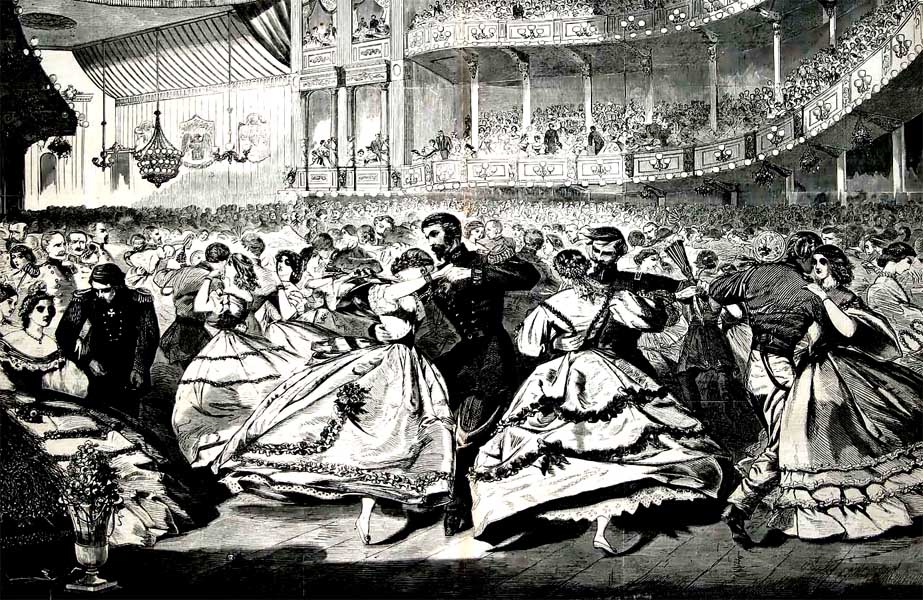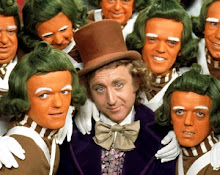Public Audio and Score Database

At a certain point, depending of course on the specific copyright laws of each country, intellectual creations become public domain. For the purpose of what we're talking about here, we'll be assuming that everything made before 1923 is fair game in the US (actually much more complicated). Now lets talk about music. The International Music Score Library Project (IMSLP) has already gathered a huge collection of public domain scores. This includes among other things the entire collected works of many of the masters: Bach, Beethoven, Chopin, etc. Which means that anything written by these men can be accessed for free by anyone through the internet in a type of wikipediesque expanding collection. Their work has basically been absorbed into the intellectual commons of the entire human race- no one "owns" Mozart , rather we are all the proud inheritors of this man's genius. This score library then acts as a way of providing a freely deserved intellectual right. But there's one problem: no recordings.
Even though all this old music is technically public domain, individual recordings made today would be owned by whoever made them as their private intellectual material. This is why the Berlin Philharmonic is able to charge for a recording of Beethoven's 9th Symphony, even though it has been in the public domain for at least 100 years. What people are paying for, is the recording itself, which is why no one can post it side by side with the free public domain score without first giving the Berlin Philharmonic a ($ubstantial) cut. Therefore we're stuck in a system whereby the only way a recording can be provided is if an organization donates it (which won't happen because they would be directly cutting into their own profits) or if the recording itself is old enough to be considered public domain. Unfortunately the latter option leaves us with haphazard recordings made before 1923, which must be located, digitized (vinyl to mp3), and forgiven for the poor recording quality of the time. This is as inconvenient as it is absurd.
Let's look at another option. What we already have in the (IMSLP) are scanned .pdf copies of scores (with more being added every day, much like Project Gutenberg). Through the use of recognition software, these scans could be automatically converted into midi files, the same way scanned pages are converted into text. Project Gutenberg itself uses this method. Now almost everyone is familiar with how horrible a typical midi file sounds, bit it doesn't have to be that bad. A company called Guarritan (among others) has created an advanced library of audio samples of actual orchestra instruments which it has engineered for midi playback. What this creates is an audio file of decent quality (it's not the Berlin Philharmonic as they'd be the first to tell you) that is completely copyright free- except to the writers of the software itself.
So what is Guarritan's motivation to allow all of these recordings to be given to the public for free, you might ask? Advertising, plain and simple. They are trying to sell their product for the use of composers who need to be able to hear their own works in progress as they write them (assuming they don't have an actual orchestra at their disposal). So by establishing themselves as the universal authority on instrumental synthesis, Guarritan would be simultaneously creating a constant advertising campaign for the quality of their product. For a working model of this technique, just look at Adobe Reader- anyone can download it for free, but in order to actual manipulate and create similar images, you need to purchase Adobe Acrobat, for which they happily charge a hefty sum.
Another thing that would start to happen as this score library became more popular, would be that certain orchestras would begin to donate specific recordings. [This already happens on Wikipedia, usually with college or non-professional groups ] For example, the San Francisco Symphony might be putting on a production of Mahler's Kindertotenlieder and could therefore post a simple recording of one of their old performances of the same piece. The library then, in the recording section would replace it's advertisement for Guarritan with something along the lines of, "This recording has been generously donated by the San Francisco Symphony [link to site] Many of their other recordings can be purchased here [link to itunes or amazon] and a list of their upcoming performances can be seen here [link to calendar]." As this database starts to expand, orchestras will realize that they no longer have a stranglehold on the recording market, and must therefore find different ways to make money, one of which is through increased performance attendance, as well as added pressure to perform contemporary (copyrighted) works of current composers, the recordings of which they will again have a monopoly on. This will stimulate musical progress and perhaps loosen the hold that music of the Romantic era has artificially maintained for so long... .
In the end, what we'll have created is an audio-visual library of all surviving music written before WWI, which could be accessed instantly by anyone in the world for free, which could also be integrated into wikipedia to form the ultimate musical educational tool.

No comments:
Post a Comment